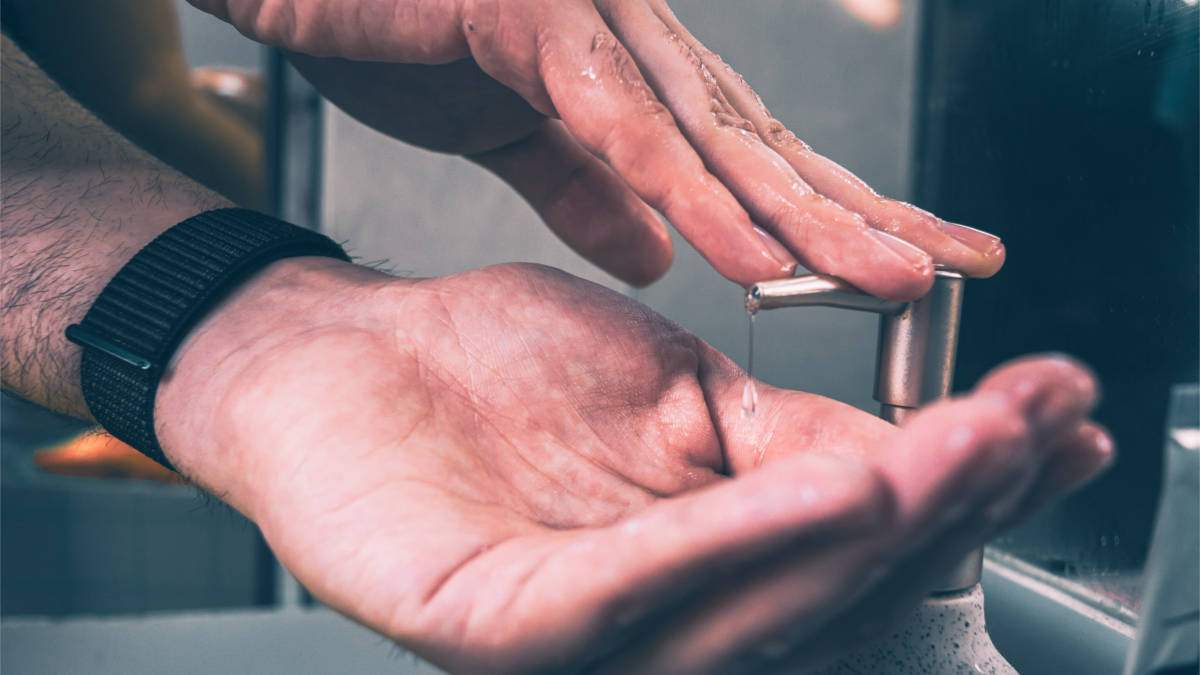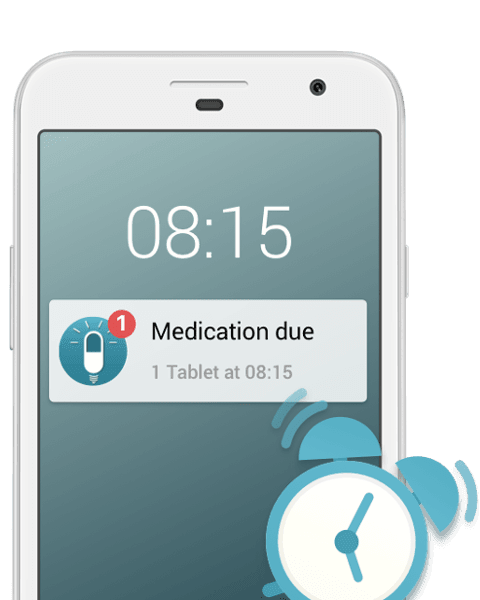People living with cardiovascular diseases, such as high blood pressure (hypertension) or coronary artery disease, are among those to whom coronavirus (COVID-19) poses a greater risk. Although there are many unknown factors surrounding COVID-19, the American Cardiology Society (ACC), the British Heart Foundation (BHF), and American Heart Association (AHA) are among the organizations warning that the virus poses a higher risk of serious illness to those living with heart disease than to the general population.
The content on this page is provided for informational purposes only. While we have made every effort to ensure the information in this article is accurate and from reliable sources, the coronavirus situation is rapidly evolving, and new information is regularly coming to light. Please check the latest advice provided by your country’s government or national healthcare service and act accordingly.
Coronavirus and Cardiovascular Diseases: Who is at Risk?
At the time of writing, it is believed that the coronavirus poses a greater risk to people living with certain cardiovascular diseases than to the general population. They include:
✔️ Heart failure
✔️ Coronary artery disease (CAD)
✔️ Hypertension
✔️ Stroke
If you are living with one of these conditions, it does not mean you are more likely to catch the virus. If you do catch it, however, there is a greater chance of it leading to serious complications.
Heart conditions that are not currently believed to increase your risk include:
❌ Heart muscle inflammation
❌ Atrial fibrillation
5 Recommendations for People with Heart Disease
We have rounded up five tips for people living with cardiovascular diseases from reliable sources.
1. Strictly follow precautions
It is particularly important for people at risk from coronavirus, including those living with cardiovascular diseases, to take measures to reduce the risk of contracting the virus. These include:
✔️ Avoid large gatherings and public transportation
✔️ Avoid traveling to known endemic areas
✔️ Avoid possible sick people and people who have traveled to known endemic areas
✔️ Wash your hands regularly and very thoroughly
✔️ Use disinfectants, especially after contact with objects that are touched by many people (door handles, railings, etc.)
✔️ Do not touch your face, especially your mouth, nose, and eyes
✔️ Use disposable tissues when sneezing or coughing, or do so in the crook of the arm
✔️ Keep regular tabs on the latest measures being enforced in your country or region and follow them strictly
2. Pay attention to symptoms
Some symptoms of COVID-19, including shortness of breath and coughing, can also be signs of a heart attack. For patients with cardiovascular diseases, the ACC notes that this could lead to cases of heart attacks going undiagnosed.
For people at risk of having a heart attack, it is particularly important to contact your doctor or the health services immediately if you experience shortness of breath. Try to describe all of the symptoms you are experiencing, which will help your doctor determine the necessary course of action.
If you have a medical emergency, contact the emergency services immediately.
3. Don’t stop taking your meds
Both the AHA and BHF have strongly advised that people taking medications for cardiovascular diseases continue taking them as prescribed unless told otherwise by their doctor.
Although there have been unsettling reports regarding blood pressure and heart failure medications in relation to COVID-19, the known risks of suddenly stopping your treatment are currently believed to outweigh any unconfirmed risks associated with COVID-19.
Stopping your treatment can increase your risk of a heart attack, stroke, or other complications.
If you have any concerns about your medication, you should phone your doctor for advice. Additionally, try to keep informed with the latest information provided by your national or regional health service, as well as information provided by the AHA, BHF, ACC, and other such organizations.
4. Take preventive measures
The ACC recommends that people living with cardiovascular diseases are up-to-date with vaccinations. In particular, having the pneumococci vaccine can help prevent the risk of secondary bacterial infection with COVID-19.
Additionally, people living with cardiovascular diseases should be vaccinated against influenza.
5. General tips
There are additional measures you can take to help ensure you are in the best shape to fight COVID-19, should you be infected.
✔️ Eat a balanced diet with plenty of fruit and vegetables
✔️ Stay hydrated – drink plenty of water
✔️ Exercise within your capabilities. The World Health Organization has provided a useful list of exercises you can perform within your own home
✔️ While this is a stressful time, try to make time for yourself and reduce unnecessary stress
✔️ Aim to get 7-9 hours of sleep. Studies have found that a lack of sleep makes you more susceptible to viruses and can weaken your immune system
If you should fall ill, either with symptoms of COVID-19 or another condition, current guidelines in most countries recommend that you:
❌ Do not go to a doctor's office unannounced
✔️ Call local health department, medical emergency service, or your family doctor
You can find more advice regarding the coronavirus outbreak and living with a chronic disease here: Coronavirus & Living with a Chronic Disease: Helpful Tips
Useful Resources
Here are some useful resources for people living with cardiovascular diseases. You can check these websites regularly to ensure you stay up to date with the latest advice:



